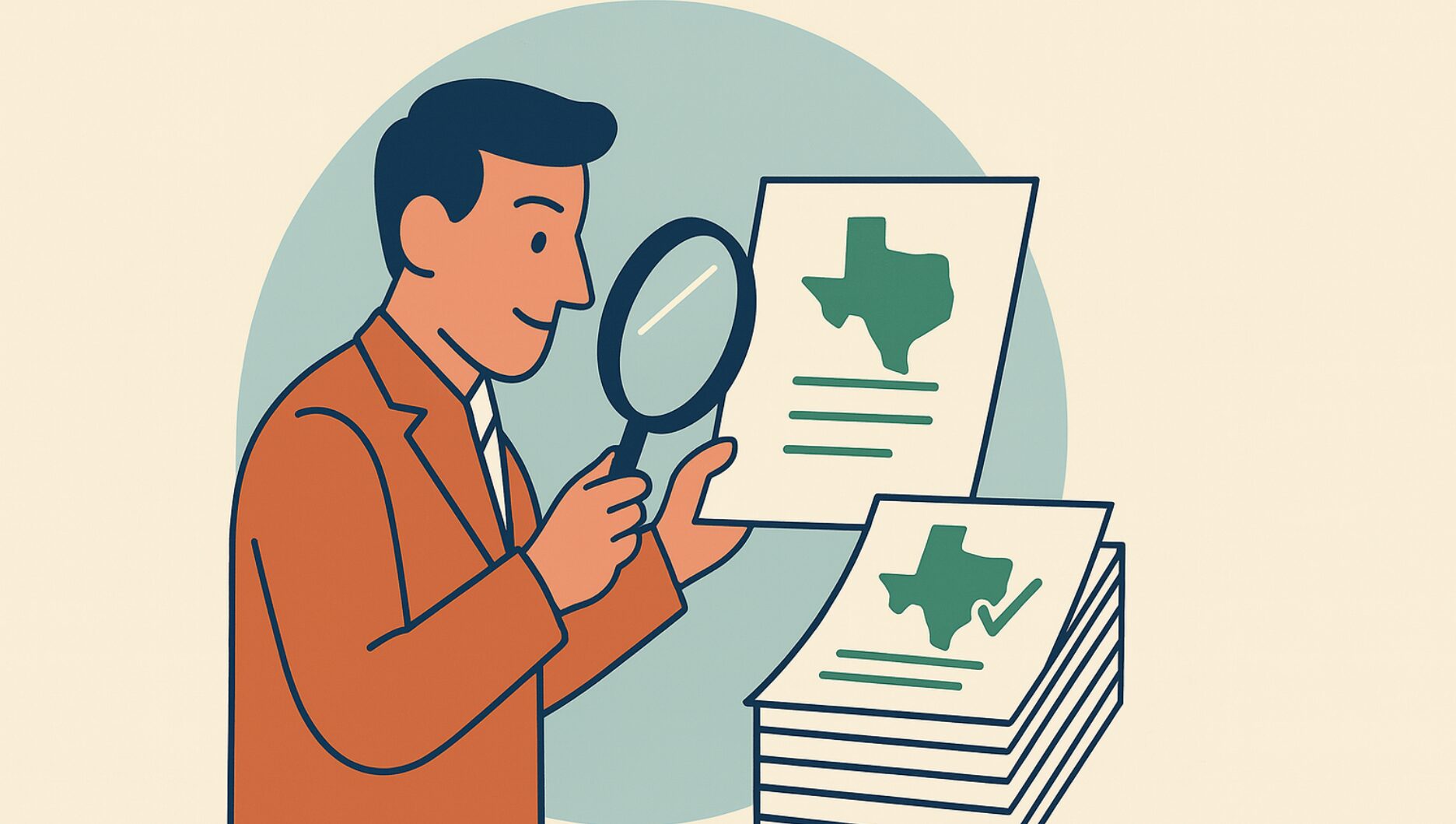New York City, once the unrivaled hub of America’s financial services, is seeing its dominance wane. The New York Stock Exchange (NYSE), a cornerstone of U.S. commerce since 1792, now faces competition from emerging financial centers like Texas. The recent announcement of the Texas Stock Exchange (TXSE) in downtown Dallas underscores this shift.
For decades, New York City reaped the benefits of being the epicenter of finance, attracting a wealth of talent and building a massive tax base. However, in recent years, the city’s grip on the financial sector has loosened. High taxes, rising crime, burdensome government regulations, and a declining quality of life have driven businesses and jobs south, particularly to Texas, which has surpassed New York in the number of finance workers since 2015. The COVID-19 response accelerated this trend, as remote work made physical presence in financial hubs less necessary.
The TXSE aims to capitalize on Texas’s more favorable business climate. This new exchange may not immediately dethrone the NYSE, but it symbolizes a broader shift towards decentralization in finance. Technology allows financial professionals to work from anywhere, and Texas’s zero state income tax and better business environment make it an attractive destination. This development points to the superiority of the free-market system, rather than the crony-capitalism that comes with the distortions of corporate welfare.
The Case Against Corporate Welfare
Corporate welfare, often justified as necessary to attract and retain businesses, distorts market competition and places an unfair and discriminatory burden on taxpayers. As Texas attracts more businesses due to its favorable conditions, the state has a prime opportunity to lead by example.
Leading up to the 89th legislative session set to start in January, Texans are evaluating the substantial government growth and spending records set by the Texas Legislature during the 88th session. State spending for the next biennium has surpassed $233 billion, marking the largest spending increase in Texas history—nearly 40% more than the previous two years. Unfortunately, nearly $18 billion of this is directed towards corporate welfare, a practice that funnels taxpayer money into private businesses through tax incentives, subsidies, and other preferential treatments.
Examples of this corporate welfare include:
- $155 million to the Film Incentive Program, benefiting liberal Hollywood companies,
- $1.5 billion in grants to broadband companies,
- Nearly $700 million to companies for computer chip development,
- Over $11 million for hotel and convention center projects,
- Nearly $2.2 billion for hospital construction,
- $5 billion for the Texas Energy Loan Program; and,
- Hundreds of millions of dollars in school property tax abatements for big businesses under HB 5, the Chapter 313 replacement program.
These welfare allocations, while often presented as beneficial investments, raise critical questions about the role of government in what is supposed to be a free-market system (emphasis on free).
Should the State of Texas be picking winners and losers in the private sector, especially when ordinary Texans struggle to make ends meet and pay their taxes to keep their homes and small businesses?
The 88th legislative session revealed an estimated $33 billion state revenue surplus, more than half of which has been funneled into corporate welfare. Despite claims of substantial property tax relief, only $12.7 billion in new property tax relief was allocated for Texans.
The Path Forward
With the establishment of the TXSE, Texas stands at a crossroads. The state has a unique chance to set a precedent by moving away from corporate welfare practices that distort the free market.
Corporate welfare undermines fair competition and burdens taxpayers with the cost of subsidizing private enterprises. Instead, Texas should focus on maintaining a business-friendly and family-friendly environment that naturally attracts companies without the need for government handouts. This approach will ensure a level playing field where businesses succeed based on their merits, not government favoritism.
The success of TXSE should be based on Texas’s inherent advantages: a favorable business climate, zero state income tax, and an efficient regulatory environment. Texas should resist the temptation to pick winners and losers through tax incentives, subsidies, and regulations… the same path that is leading to the downfall of states like New York.
It is time for Texans to stand up for their own financial well-being rather than the balance sheets of big businesses.
Texans for Fiscal Responsibility relies on the support of private donors across the Lone Star State in order to promote fiscal responsibility and pro-taxpayer government in Texas. Please consider supporting our efforts! Thank you!
Get The Fiscal Note, our free weekly roll-up on all the current events that could impact your wallet. Subscribe today!




